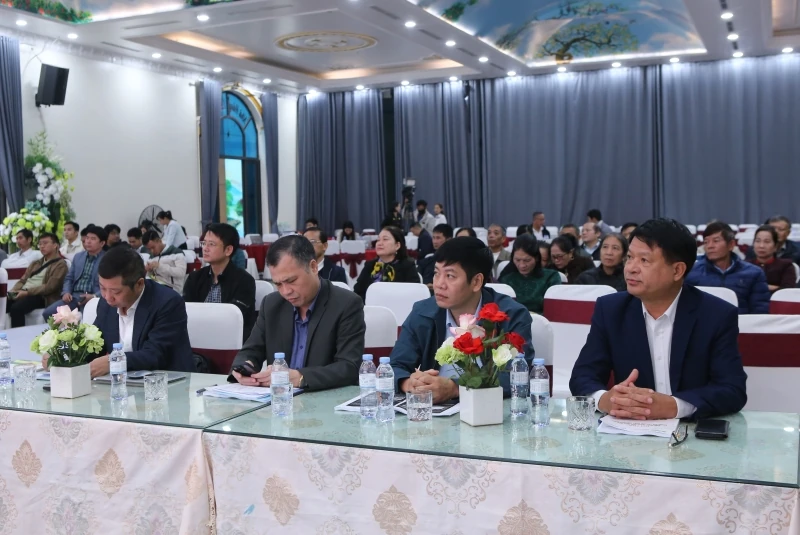
Delegates attending the workshop.
Attending the workshop were Mr. Hoang Van Hong, Deputy Director of the National Agricultural Extension Center; scientists and experts in the cassava industry across the country, representatives of the Department of Agriculture and Environment and a large number of farmers from cassava production areas of the province.
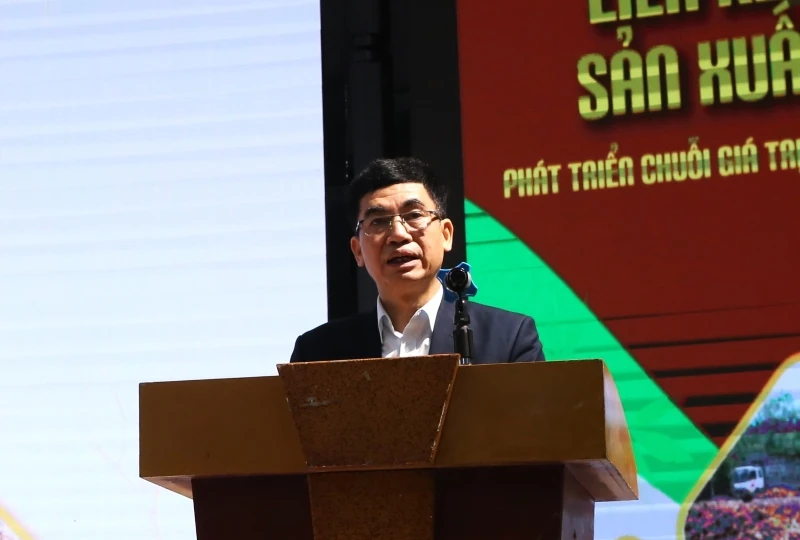
Mr. Hoang Van Hong, Deputy Director of the National Agricultural Extension Center, delivered the opening speech at the workshop.
Speaking at the opening of the workshop, Mr. Hoang Van Hong, Deputy Director of the National Agricultural Extension Center, said: In recent years, the role of cassava has rapidly changed from a poverty-reducing crop to a crop that enriches, a raw material crop serving the processing industry and biofuels. Currently, Vietnam maintains a cassava area of more than 500 thousand hectares, an output of over 10 million tons of fresh cassava/year and an annual export turnover of 1-1.2 billion USD, ranking second in the world in cassava exports. However, our cassava industry still faces many difficulties and challenges, such as: weak linkages in the value chain, scattered and small-scale production; degenerated cassava varieties, cassava mosaic disease is still a serious threat causing reduced productivity and quality; processing technology and application of science and technology are not uniform among regions. Meanwhile, market requirements are increasingly high for traceability, safety and green development. Therefore, Vietnam's cassava industry needs to innovate to achieve high economic efficiency and sustainable development.
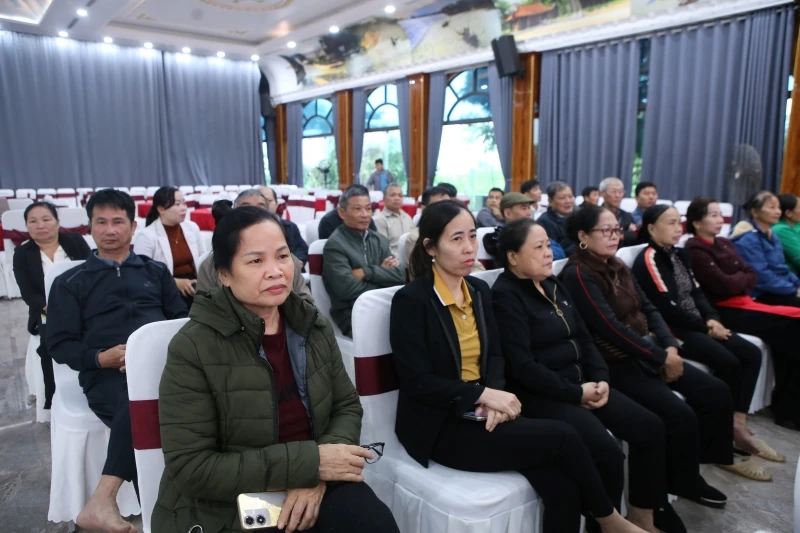
Cassava growers in the province attended the workshop.
According to information from the Department of Agriculture and Environment, in Thanh Hoa province, cassava has been affirming its important role in the crop structure of the province, especially in mountainous and midland communes. The annual cassava area fluctuates around 13-15 thousand hectares, contributing to increasing income for people, especially ethnic households with difficult land conditions and limited intensive farming skills. However, cassava production in the province still faces many difficulties and challenges, such as: small-scale production; using old varieties leading to poor quality, both degraded and susceptible to pests and diseases, especially mosaic disease. Along with that, investment in infrastructure for cassava production areas and mechanization in production is still limited; the link between producers and processing factories is not really sustainable...
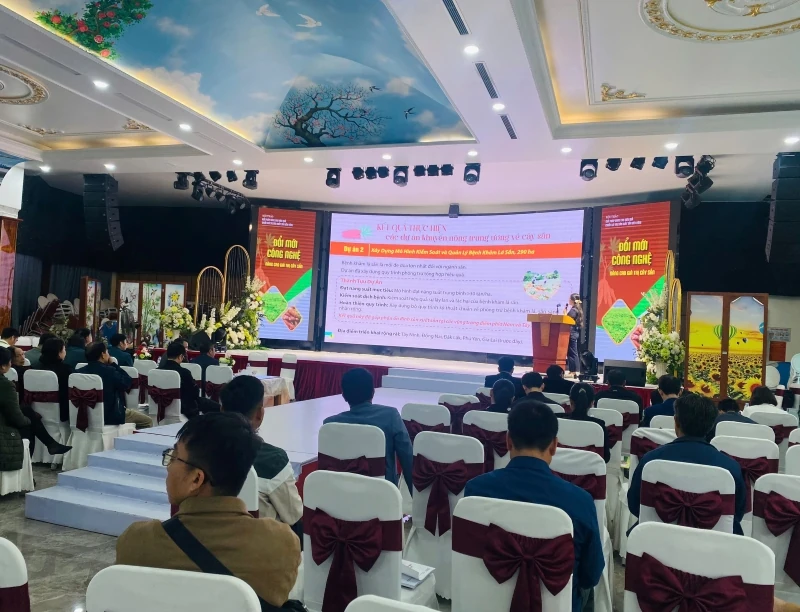
Overview of the workshop.
The workshop focused on discussing a number of contents, such as: Orientation for cassava industry development according to Project 1115 of the Ministry of Agriculture and Environment; Solutions to improve the efficiency of the cassava value chain and Enhancing the role of the agricultural extension system in developing the cassava industry...
In addition, delegates and people were able to exchange and share experiences, connect in the value chain from production, processing to product consumption. At the same time, propose specific solutions to improve efficiency and develop the cassava industry in a sustainable direction.
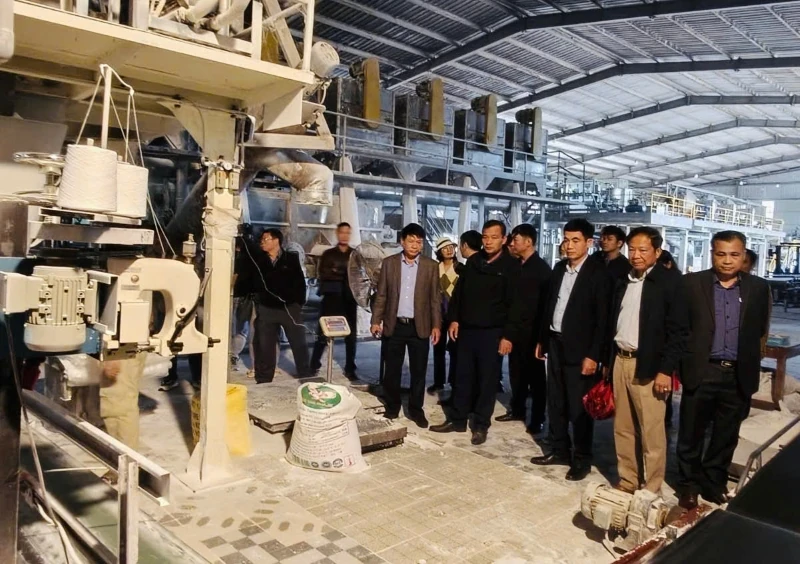
Delegates attending the workshop visited Phuc Thinh cassava starch processing factory.
Before that, delegates, scientists and producers visited a number of cassava processing factories and raw cassava production areas of the province.
Le Hoa
Source: https://baothanhhoa.vn/hoi-thao-giai-phap-nang-cao-hieu-qua-chuoi-gia-tri-san-xuat-san-ben-vung-267552.htm







![[Photo] Closing of the 14th Conference of the 13th Party Central Committee](https://vphoto.vietnam.vn/thumb/1200x675/vietnam/resource/IMAGE/2025/11/06/1762404919012_a1-bnd-5975-5183-jpg.webp)
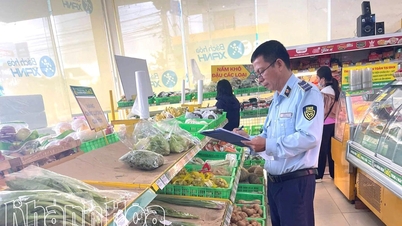

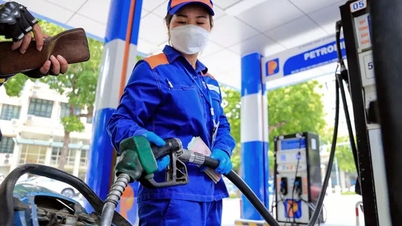

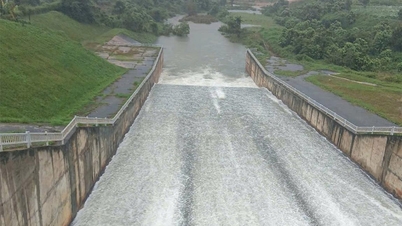



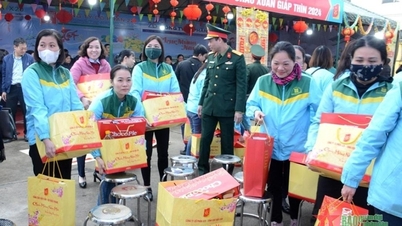

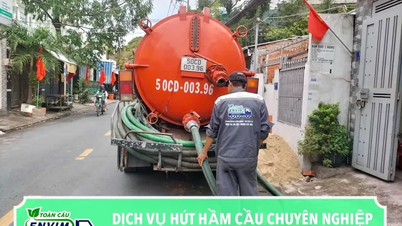





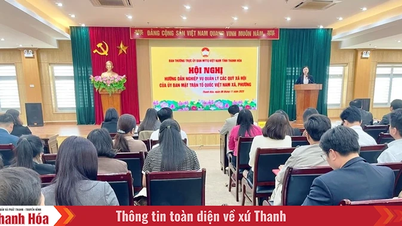
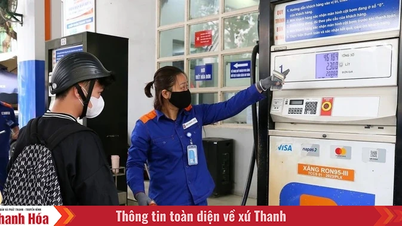
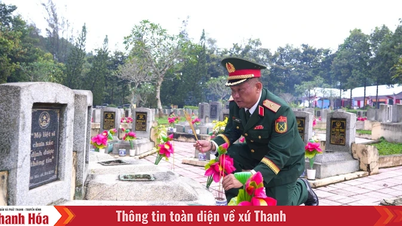
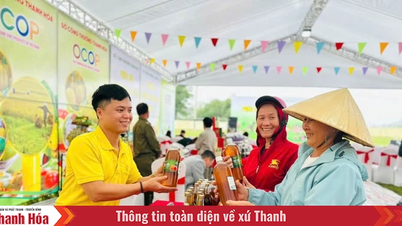
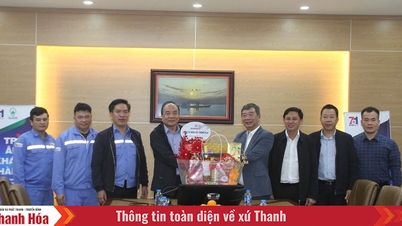
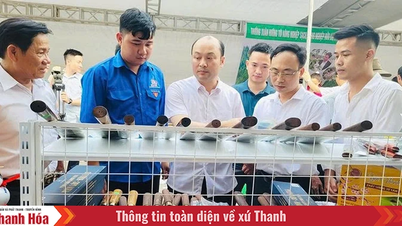











































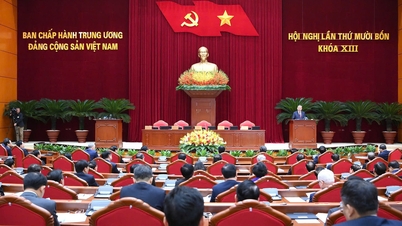


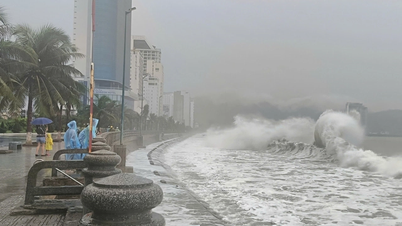
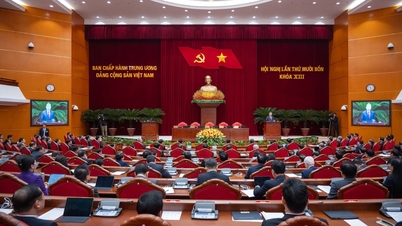






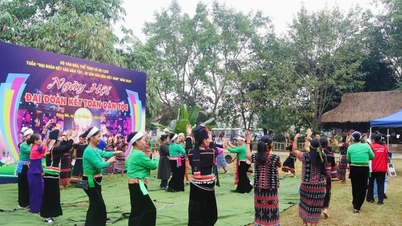
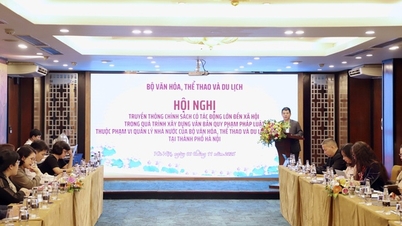
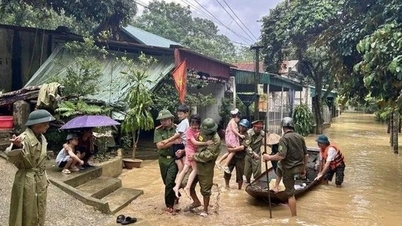
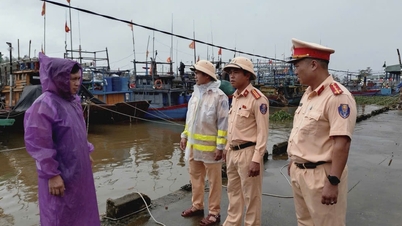



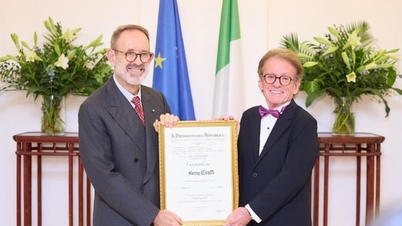
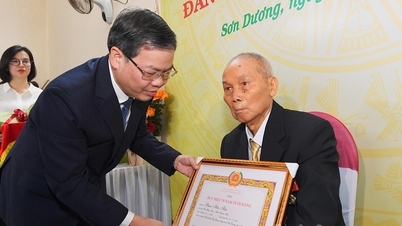

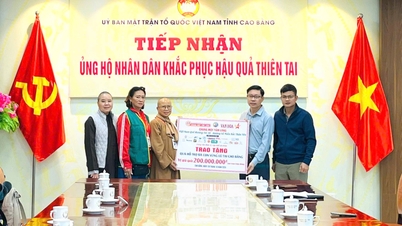











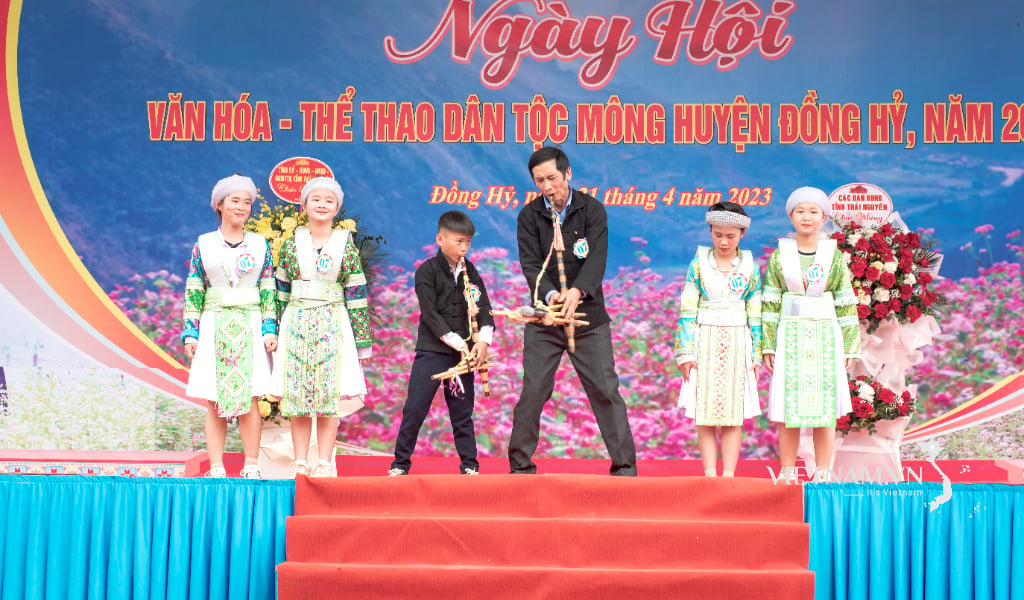



Comment (0)